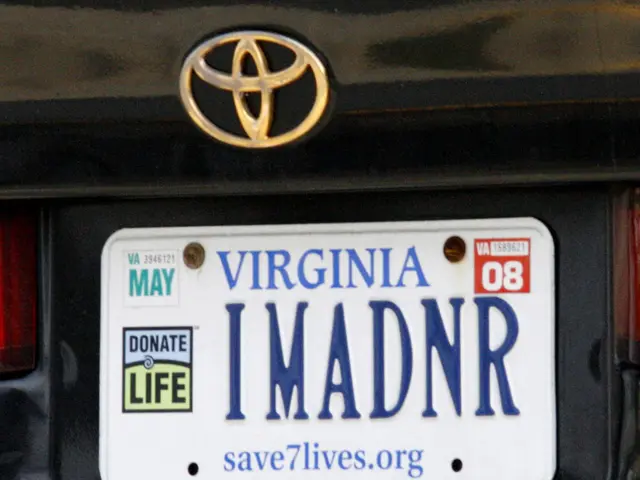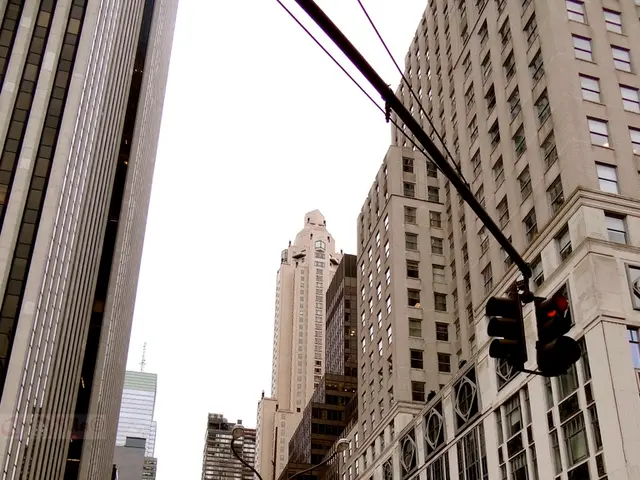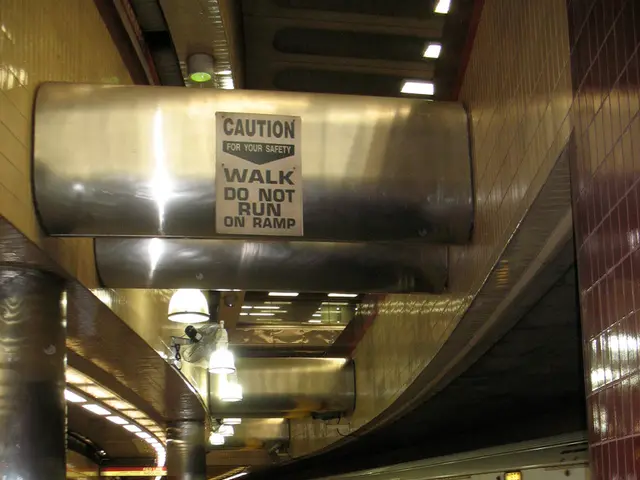Differing Control Systems for Bus and Train Tickets in Germany Explained
The Germany ticket, a popular travel option for approximately 14 million passengers, is a topic of ongoing discussion among transport experts and policymakers.
According to a study, approximately 45 percent of all passengers use the Germany ticket with Werra-Bus, a bus company from Hildburghausen. However, the control of the Germany ticket varies in strictness, with some passengers being thoroughly checked with QR code and ID, while others are often waved through in local bus lines.
Transport companies using the Germany ticket exhibit varying degrees of ticket control strictness, which directly impacts their ticket revenues by influencing fare evasion rates and enforcement effectiveness.
Companies with stricter ticket control and higher enforcement intensity—such as frequent inspections and issuing fines—tend to reduce fare evasion more effectively, leading to higher ticket revenues. Conversely, transport operators with less rigorous enforcement experience more fare evasion and consequently lower ticket revenues.
The fines and penalties visible in European contexts, including Germany, are reinforced by legal frameworks such as the EU Traffic Offences Directive and national authorities like the Kraftfahrt-Bundesamt, which help enforce payment of fines across borders and support the legitimacy of enforcement measures. This framework motivates transport companies to maintain strict ticket control as evasion carries real financial penalties.
Technology also plays a crucial role in improving enforcement efficiency. The use of cameras to identify fare evaders during ticket inspections helps uphold revenues by catching violators promptly.
In other news, the federal and state governments share the losses of transport companies due to the Germany ticket, and these losses are then reported to the respective federal state. The goal is to establish a mechanism for revenue distribution in the future for the Germany ticket, which will need to be created for around 600 transport companies in Germany.
In a poll by our website, the majority is in favor of continuing the Germany ticket. However, no decision has been made on the continuation of the Germany ticket as of now.
Looking ahead, more space for cyclists is only to be expected when new contracts with railway companies are negotiated and new trains are procured. Yet, cyclists can expect limited space in regional trains even in the future.
Claudia Hille, a transport expert, speaking on the Germany ticket, emphasizes the importance of reliability in pricing. The development of this new mechanism will take some time before it is completed and in place.
References:
- EU Traffic Offences Directive
- European Transport Research Review
- Transport Policy
- Journal of Transport and Land Use
In the ongoing discussion about the Germany ticket, it's worth noting that the finance sector is indirectly involved, considering the losses incurred by transport companies and the potential revenue distribution mechanisms that may be established in the future. Moreover, the enforcement of the Germany ticket, particularly through technology like cameras, can be seen as a collaboration between the transportation industry and finance, as stricter control can lead to reduced fare evasion and increased ticket revenues.




